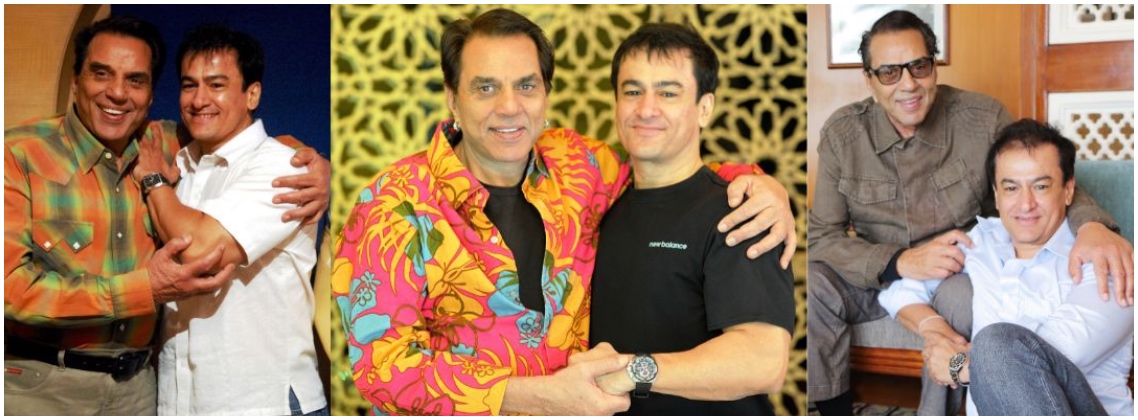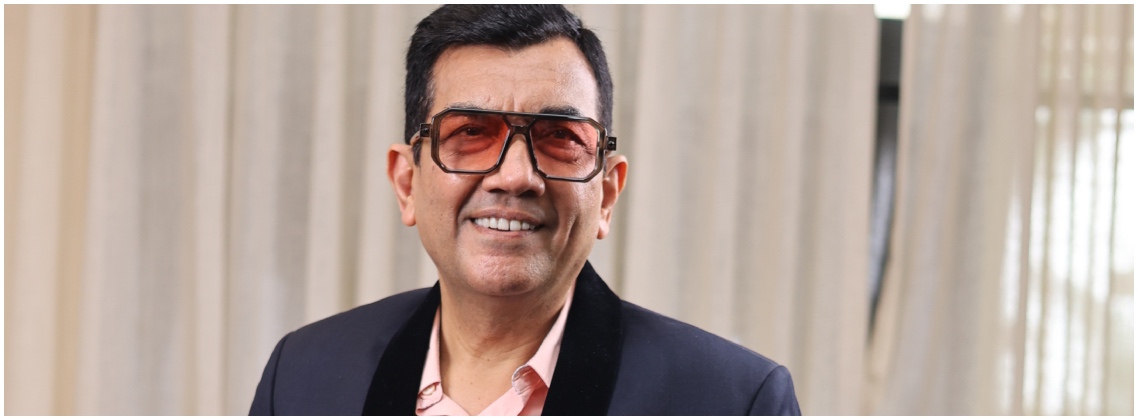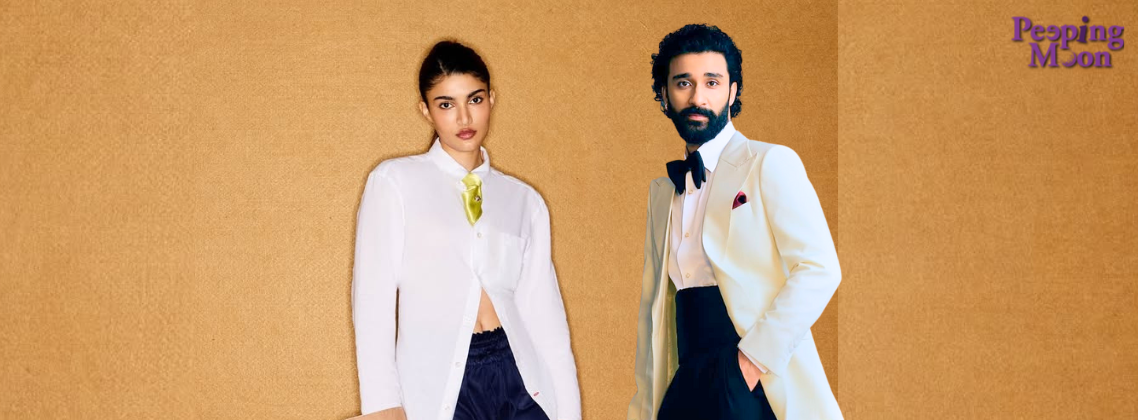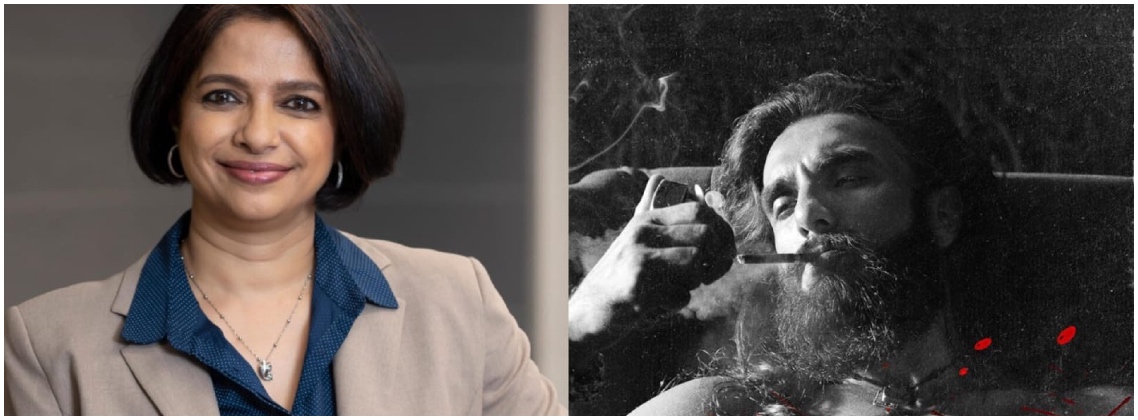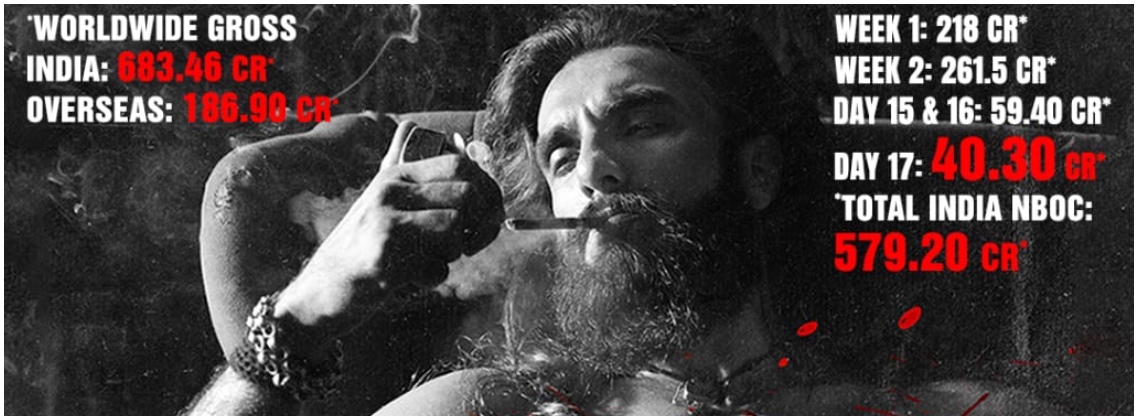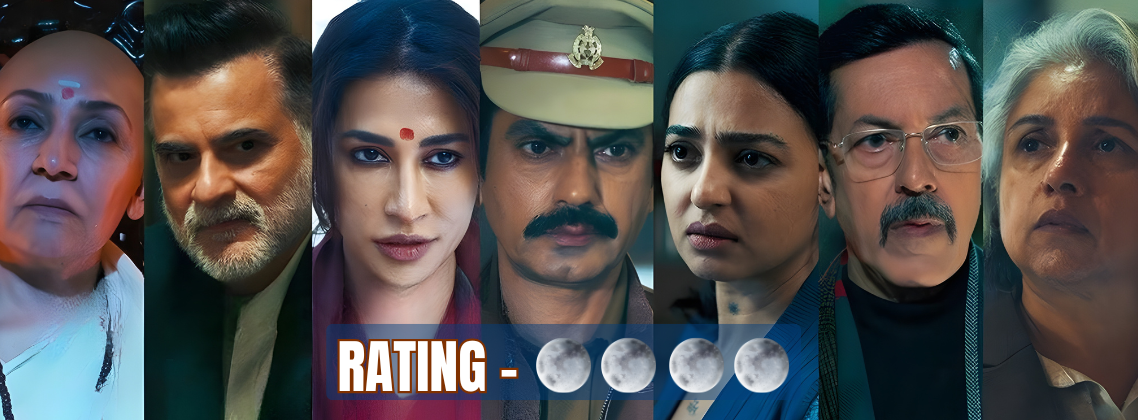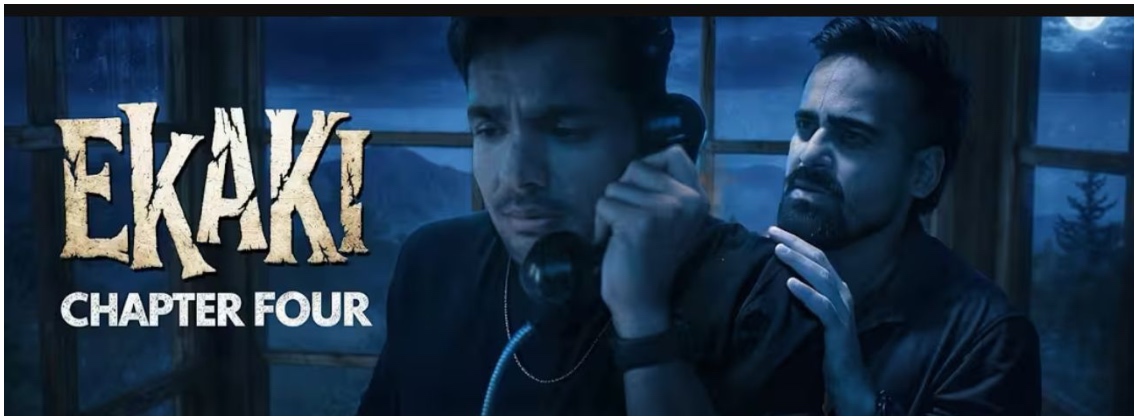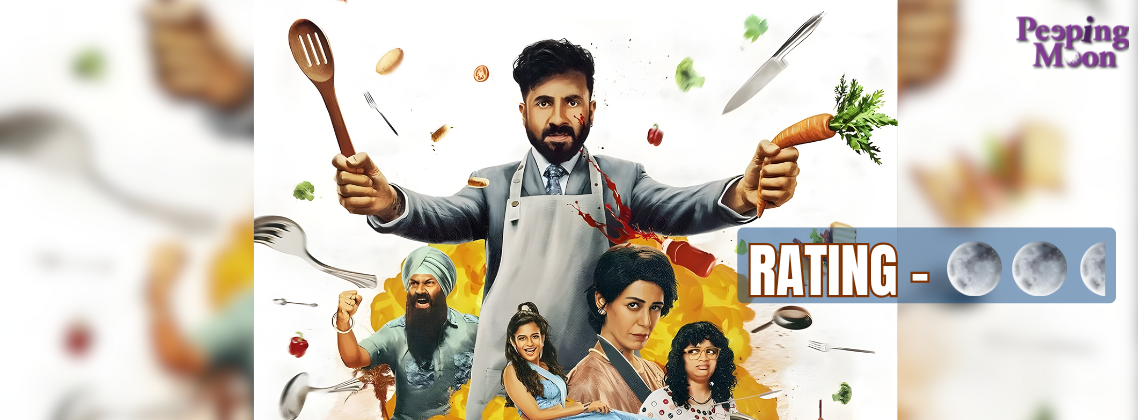Pan Nalin's Gujarati film, Chhello Show or Last Film Show got selected as India's official entry for Oscars 2023. The Film Federation of India made the much-anticipated announcement on September 20. It is headlined by Bhavin Rabari, Vikas Bata, Richa Meena, Bhavesh Shrimali, Dipen Raval and Rahul Koli. Chhello Show, releasing on October 14, is a part-autobiographical drama.
Now, as the release date of Chhello Show in India is inching closer, PeepingMoon.com spoke to Nalin and producer Dheer Momaya of Jugaad Motion Pictures. Talking about the film, Nalin and Dheer spoke about bringing the former's life story to the audience, comparison with the Italian film Cinema Paradiso (1988) and being called the next Slumdog Millionaire.
Excerpts from the interview:
.jpg)
Chhello Show tells the story of vanishing film heritage. When and why did this idea come to you?
Nalin: The seed of Chhello Show was sown when I was in Kathiawad around 10-11 years ago for my annual family visit. My father asked me to pay a visit to my projectionist friend who was going through a tough time with the arrival of digital projectors. He lost his job because he wasn't aware of how to use a digital projector. It was a sad state of affairs to see projectors and reels being destroyed. This stayed with me and 4-5 years later, I was hit by the storm of anecdotes narrated by my friends and family members. They reminded me of how I stole film reels and collected scrap to make something out of them.
However, it was in 2019-2020, I took the thought of Chhello Show seriously. Since our films were getting digital, I missed the simplicity they had in the past. With Chhello Show, I wanted to go back to my roots and revisit all the moments that took place in my life. Chhello Show is an attempt to loosely highlight my journey. It is a celebration of cinema and that’s how Chhello Show was born.
Was the casting process easy?
Nalin: The casting process is never easy when you make a film like Chhello Show. You have a nine-year-old kid in the front who has to carry the entire film. As a filmmaker, you desire to rope in a professional actor or a child with a better understanding of acting. We started off on that note but soon realised it was a wrong decision because the authenticity we needed would be compromised. It was then decided to explore remote areas of Kathiawad and find our Samay. We started looking for non-actors. Since I followed the same technique in the past, I was confident that there’s a Samay in some child out there. When we ventured into the remote area, we found a child named Bhavin Rabari, who belongs to the Rabari community (who earn their livelihood by grazing sheep and tending to herds of cattle and buffaloes). He was shining on the camera and through workshops, it became clear that in Bhavin, I found my Samay who can carry the film.
What prompted you to back this film?
Dheer: I wouldn’t really call backing the film. It was about dedicating time and effort to support a passion project like Chhello Show. For me, the main attraction was Nalin brand of cinema. The global audience is loving his work and as a young producer, I felt it is my responsibility to support it in every way possible. It is a part-autobiographical drama and when I met Nalin after Angry Indian Goddesses (2015), I was swooning over his work. I tried to investigate and understand more about his background. I was wondering how a man from Gujarat made films like Samsara, Angry Indian Goddesses and Valley Of Flowers which received immense success globally. By success, I don’t mean box office numbers only. He told me about his background and his journey as a storyteller. Two days after meeting him, I was interested in bringing his story to the audience. Back then, he laughed it out of the park but a few years later, he was ready to partner with me. When he told me about Chhello Show, I was ready to put everything behind me to make the film happen.
Are y’all hopeful that Chhello Show gets a tax-free certificate?
Dheer: I don’t know the process and criteria that make a film tax-free but I believe it would be beneficial if efforts are taken to widen the reach. I believe it is a family entertainer which can be watched by an 80-year-old as well as a 6-year-old. Even if children, who aren’t cinephiles, watch it, they’ll take back a lesson in human perseverance. It is a clear representation of Nalin’s life. I feel many children will benefit from this film.
Nalin: I believe there are so many Samays in every state like our hero in Chhello Show and if the film becomes more accessible, they will be empowered.
.jpg)
Not just children, but even mothers will be empowered…
Nalin: The character of Baa was inspired by my own mother. She would always be silent and prepare delicious food for the entire family. She also knew that she could make a place in the family's hearts through her food and manipulate them (laughs). It’s shown in the end that she’s the one running the house.
The story of Chhello Show could have been told in any Indian regional language. Any particular reason behind choosing Gujarati as the primary language?
Nalin: That is because the film is inspired by my own story. Not just the language, we shot the film in the region I spent most of my life in. Though Dheer and his team of young producers faced enough challenges, I didn’t want to compromise on the authenticity. The non-actor casting and the whole setting will increase the billability of the film. I felt the Indian and global audience is craving something as authentic as Chhello Show. It would have been artificial if any other language would have been imposed.
Dheer: Resonating with what Nalin said, people always wonder how to make a film work internationally and what ticks the boxes. I believe authenticity is the number one factor. If you choose an international story over a local one, it never works.
Do comparisons between the Italian film Cinema Paradiso (1988) and Chhello Show bother y’all?
Nalin: No, not at all because I don’t blame people as they haven’t watched the film yet. We live in an informative age where we just have to open our phones to draw comparisons. If our film was a copy, why would Robert De Niro's Tribeca Festival honour it as the opening film of Spotlight? Why would Shochiku Co., Ltd. even buy it? They are releasing it in Japan in January 2023. Any company would hesitate even if one scene would have been a copy, forget the entire cinema. Moreover, it is an insult to FFI’s jury members who have collectively won 30-40 National Awards. They were filmmakers and studied cinema. It is sad that we are undermining their decision. Were these companies, distributors and filmmakers sleeping while watching the film? Once people see the film, they’ll understand.
Dheer: I’m just ignoring it because we know what we’ve made. Our distributors have been excited about the film. The film has released in countries like Spain and Germany where it ran for 8 weeks. I know when people watch the film, it will be clear to them. More than any of this, it is Nalin’s life story. The experiences, moments, and situations cannot be compared to any other film.
.jpg)
Many felt Chhello Show has ‘Slumdog Millionaire vibe’. What’s your opinion on this tag?
Nalin: Let people comment because we cannot control that. People will have different tags on every film of mine. When I made my first film Samsara, they said it is an art house. When it did 100 crores, they felt it must be having some sex scenes. I think it would be waste of time for us to comment on such things. We have better things to do, campaign and get the Oscar home.
Dheer: It is such a personal thing for Nalin. It was shot close to the railway station where his father owned a tea stall. By reacting to this, I would be demeaning his own life experience. Let people say anything, I know how authentic it is to him.



